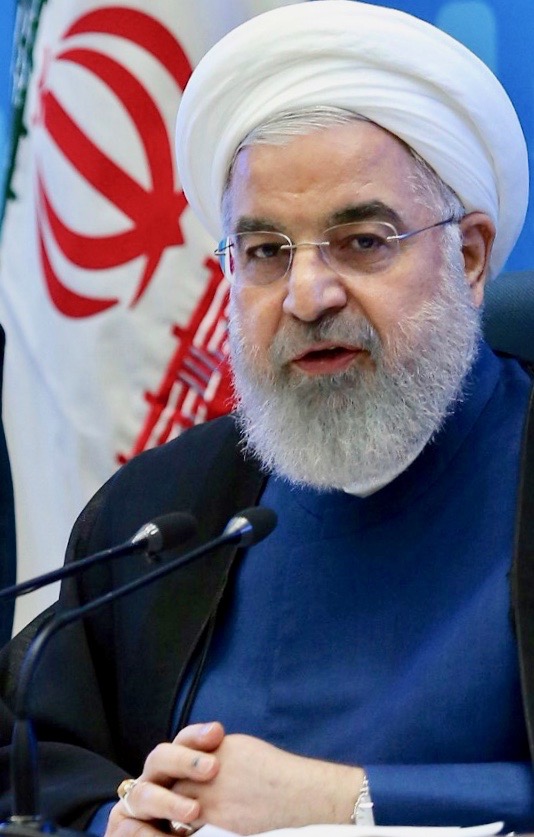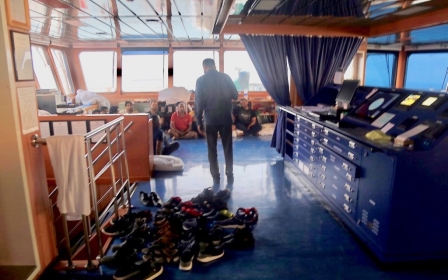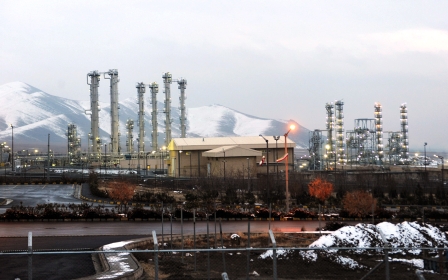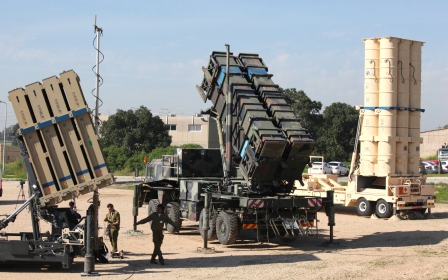Iran says European fleet in Gulf would be 'provocative' amid soaring tensions
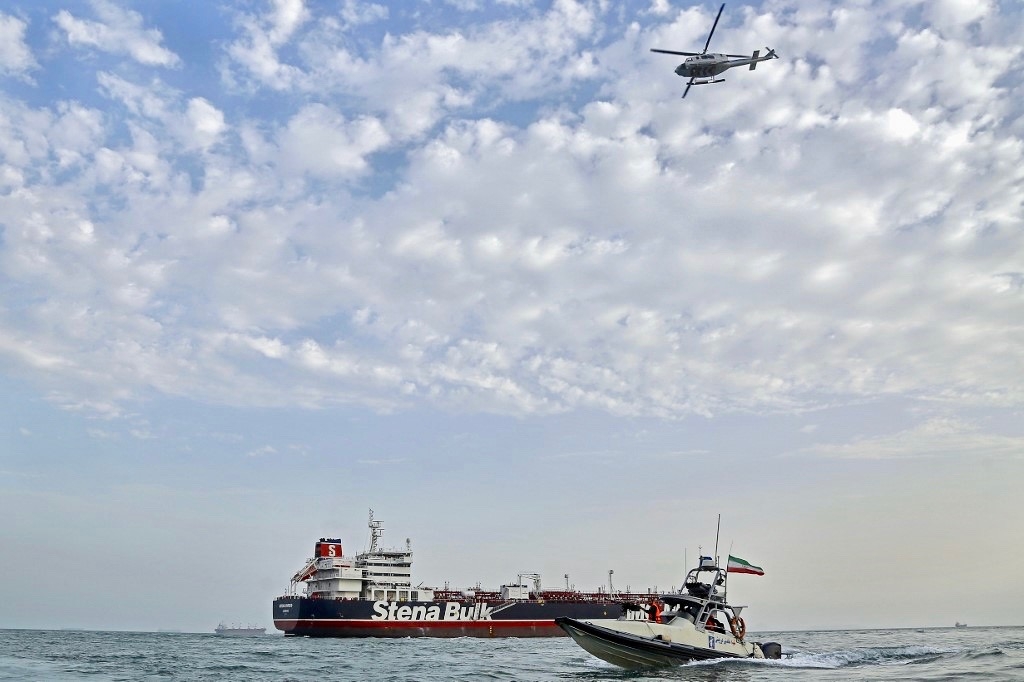
Iran on Sunday slammed a British proposal for a European-led naval mission to escort tankers in the Gulf as “provocative” amid soaring tensions over the seizure of ships.
"We heard that they intend to send a European fleet to the Persian Gulf, which naturally carries a hostile message, is provocative and will increase tensions," government spokesman Ali Rabiei said, as reported by AFP.
Britain said on Monday it was planning a European-led force to escort tankers through the world's busiest oil shipping lane, the Strait of Hormuz, in response to Iran's seizure of a UK-flagged vessel on 19 July.
The capture of the Stena Impero came two weeks after British authorities detained an Iranian tanker - the Grace 1 - off its overseas territory Gibraltar, on allegations it was breaching EU sanctions on Syria.
In his comments on Sunday, government spokesman Rabiei said Iran believed the security of the oil-rich Gulf had to be maintained by countries in the region. "We are the biggest agent of maritime security in the Persian Gulf," Rabiei said, quoted by ISNA news agency.
New MEE newsletter: Jerusalem Dispatch
Sign up to get the latest insights and analysis on Israel-Palestine, alongside Turkey Unpacked and other MEE newsletters
Iran's President Hassan Rouhani said a force like that proposed by the UK would only make matters worse.
"The presence of foreign forces would not help the region's security and would be the main source of tensions," Rouhani said after talks in Tehran with Oman's minister in charge of foreign affairs, Yusuf bin Alawi.
Alawi said Oman, which maintains cordial ties with both Iran and Britain, was not mediating the issue.
Still, he said Muscat was "concerned" about security in the strait and was "in contact with all parties".
"Any error or miscalculated move could hamper navigation in international waters and harm everyone," he told state broadcaster Oman TV after meeting Rouhani.
Britain on Thursday ordered its navy to escort UK-flagged ships through the strait, where the Stena Impero was seized by Iran's Islamic Revolutionary Guard Corps.
On Sunday, a second Royal Navy warship arrived in the Gulf as the HMS Duncan joined frigate HMS Montrose to escort vessels sailing under the British flag through the strait, the BBC reported.
The Montrose has so far accompanied 35 vessels through the strait, according to the Ministry of Defence.
Britain’s Defence Secretary Ben Wallace said the UK was continuing to push for a diplomatic resolution to the situation, but added: "Freedom of navigation in the Strait of Hormuz is vital not just to the UK, but also our international partners and allies. Merchant ships must be free to travel lawfully and trade safely, anywhere in the world."
Wallace said that the Royal Navy will continue to provide a safeguard for UK vessels "until this is the reality", the BBC reported.
The UK has so far received a cool response from the continent to its proposal for a multi-national escort fleet that would exclude the United States.
France, Italy and Denmark gave initial support for the British plan, three senior EU diplomats said last week, Reuters said.
Still, France said on Thursday that it was not willing to send extra military assets to the Gulf, but would share information and coordinate its currently deployed assets.
The US military has said it is already monitoring the area and developing a "multinational maritime effort" dubbed Operation Sentinel to increase surveillance and security in key Middle East waterways.
The 33-kilometre (22-mile) wide Strait of Hormuz provides the eastern entrance and exit point into the Gulf and runs between the United Arab Emirates and Iran.
Iran's high-seas standoff with Britain comes amid rising hostilities between the Islamic republic and the United States.
The arch-enemies have been locked in a battle of nerves since President Donald Trump withdrew the US from a landmark 2015 deal aimed at limiting Iran's nuclear programme and began reimposing sanctions.
The situation has worsened since the Trump administration stepped up a campaign of "maximum pressure" against Iran this year, with drones downed and tankers mysteriously attacked in Gulf waters.
Rouhani said Washington sparked the crisis when it pulled out of the 2015 nuclear deal, known by its formal name, the Joint Comprehensive Plan of Action.
"The unfortunate incidents and tensions in the region today have their roots in the unilateral US withdrawal from the JCPOA agreement and the delusions of the country's administration," the Iranian president said.
"Iran will strongly stand against any wrongdoing and illegal activity that would threaten maritime security in the Persian Gulf, Strait of Hormuz and the Sea of Oman," ISNA quoted him as saying.
Rouhani also said on Sunday that Britain's seizure of the Iranian oil tanker off Gibraltar was illegal and will be detrimental for the UK, according to the official presidency website, Reuters reported.
Middle East Eye delivers independent and unrivalled coverage and analysis of the Middle East, North Africa and beyond. To learn more about republishing this content and the associated fees, please fill out this form. More about MEE can be found here.


